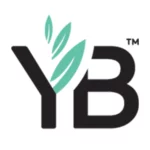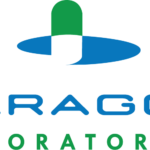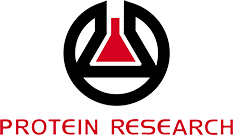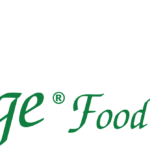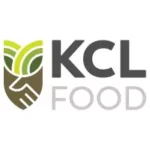Protein powder is a concentrated source of protein derived from dairy (whey or casein), eggs, or plants (such as soy, pea, or hemp). It often contains added sugars, artificial flavors, vitamins, and minerals. Protein powder supports muscle growth and repair, helps with weight management by promoting fullness, and provides a convenient way to increase protein intake. However, the quality and safety of protein powders can vary, and they may contain contaminants as well as high levels of added sugars and calories. While beneficial for some, it’s important to use protein powders in moderation and ideally under the guidance of a healthcare professional. For most healthy adults, whole-food sources of protein are preferable.
What is protein powder private labeling?
Protein powder private labeling involves a company partnering with a manufacturer to produce protein powder sold under the company’s brand. The private label manufacturer manages production, formulation, ingredient sourcing, and packaging according to the company’s specifications. This allows businesses to offer customized protein powder products without investing in manufacturing facilities, enabling quick market entry with tailored formulations, flavors, and packaging. When selecting a protein powder private label manufacturer, consider their production capabilities, quality standards, certifications, and their ability to meet your specific needs.
What is protein powder contract manufacturing?
Protein powder contract manufacturing involves outsourcing the production of protein powder supplements to a specialized manufacturer. This allows supplement brands to create their products without investing in manufacturing facilities and equipment. These manufacturers offer various protein sources, such as whey, plant-based, and collagen, and can accommodate different packaging formats, including jars and sachets. When selecting a protein powder contract manufacturer, it is crucial to consider their production capabilities, quality standards, certifications, and ability to meet specific requirements. This turnkey solution enables brands to produce high-quality, customized protein supplements under their own label, helping them stand out in the competitive sports nutrition market.
How big is the market for protein powder?
The protein powder market surpassed $21.5 billion in 2022 and is expected to grow at a compound annual growth rate (CAGR) of 6.5% from 2023 to 2032. Furthermore, the worldwide market for vegan protein powder is projected to exceed $8.8 billion by 2032, indicating a substantial growth trend in plant-based protein products.
How to create your own protein powder private label brand?
To create your own successful private label protein powder brand, follow these key steps:
- Research your target market and competitors to identify niche opportunities and consumer needs.
- Formulate your protein powder by selecting the protein source and flavors, and consider adding market-specific supplements.
- Partner with an experienced private label manufacturer capable of producing high-quality, customized formulas.
- Develop a compelling brand identity, including a logo and packaging that effectively communicates your product’s quality and benefits.
- Choose a reputable private label protein powder manufacturer with FDA approval, and consider their production capabilities, minimum orders, and lead times.
- Ensure regulatory compliance with labeling and quality standards, and obtain certifications like organic or non-GMO.
- Implement a robust marketing strategy using online platforms, social media, and partnerships to reach your audience and establish effective sales channels.



